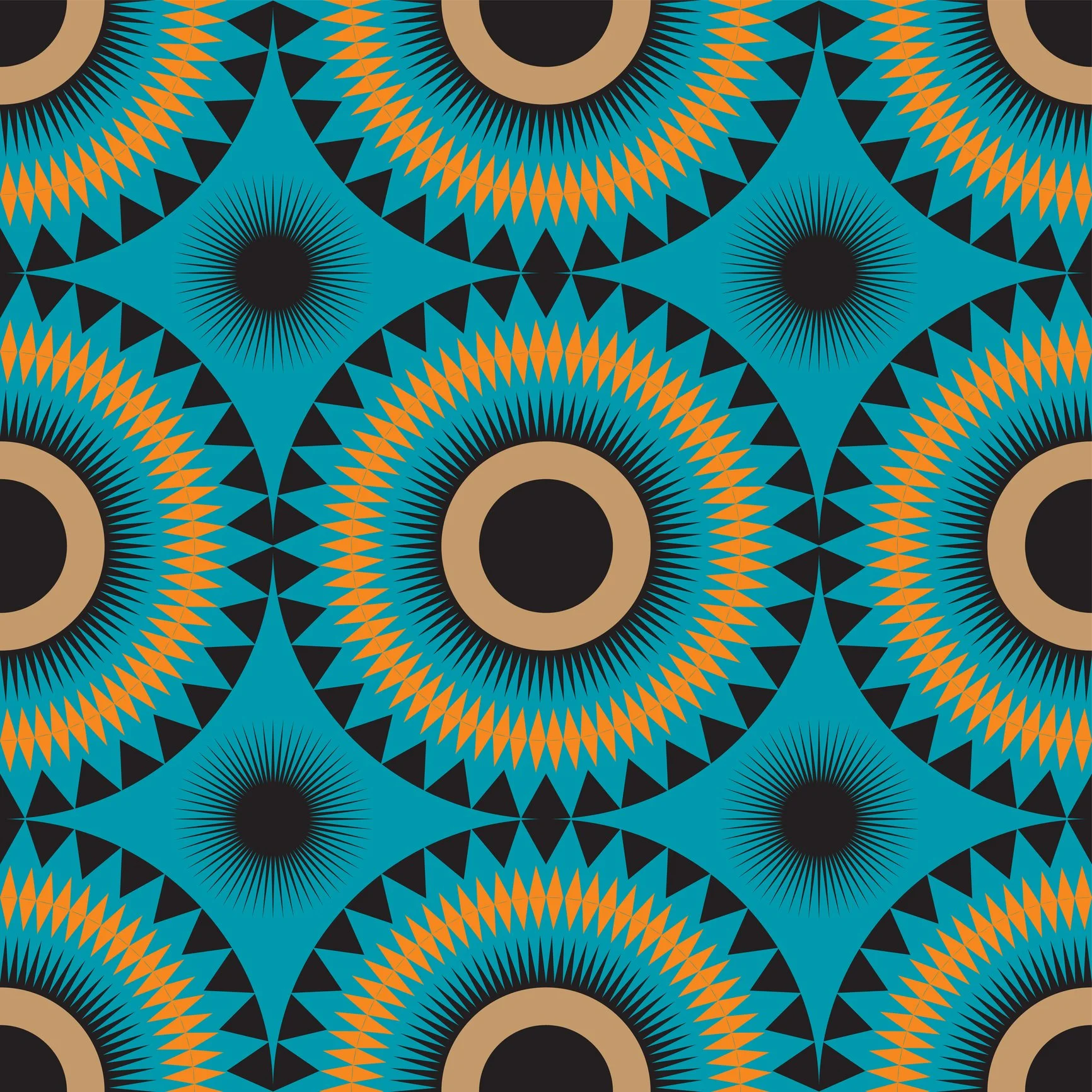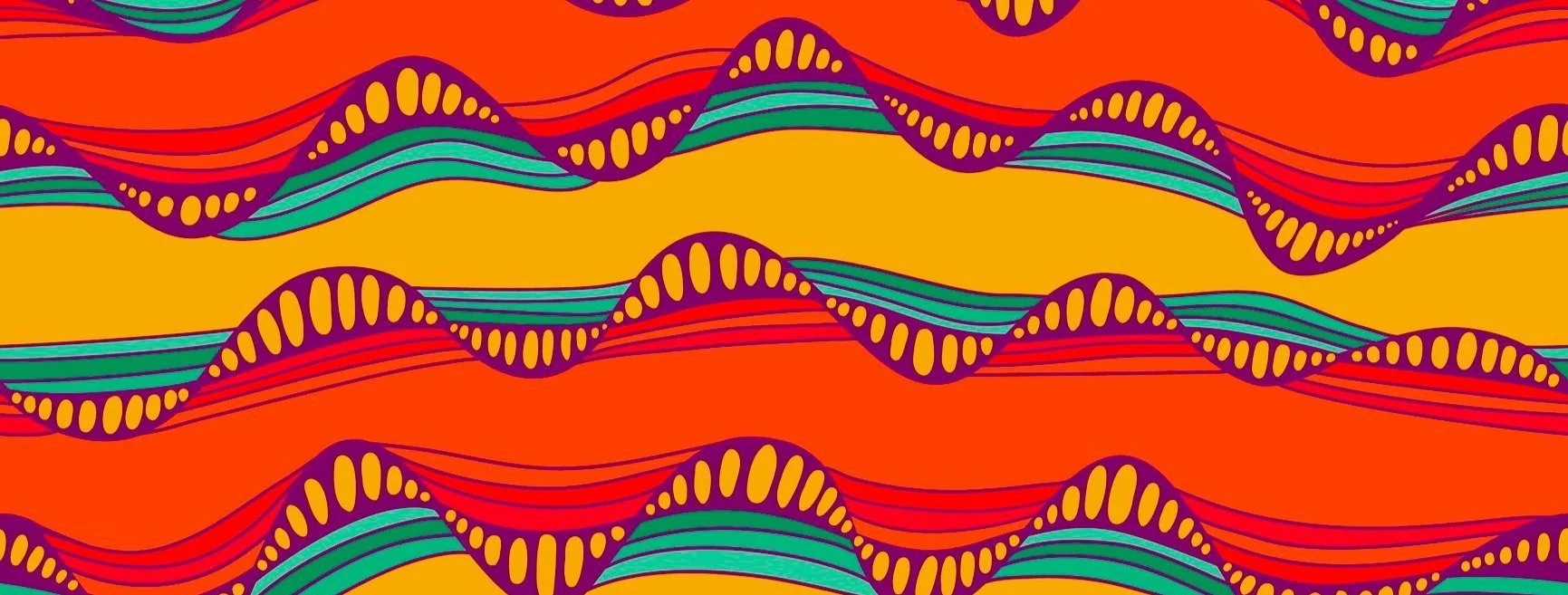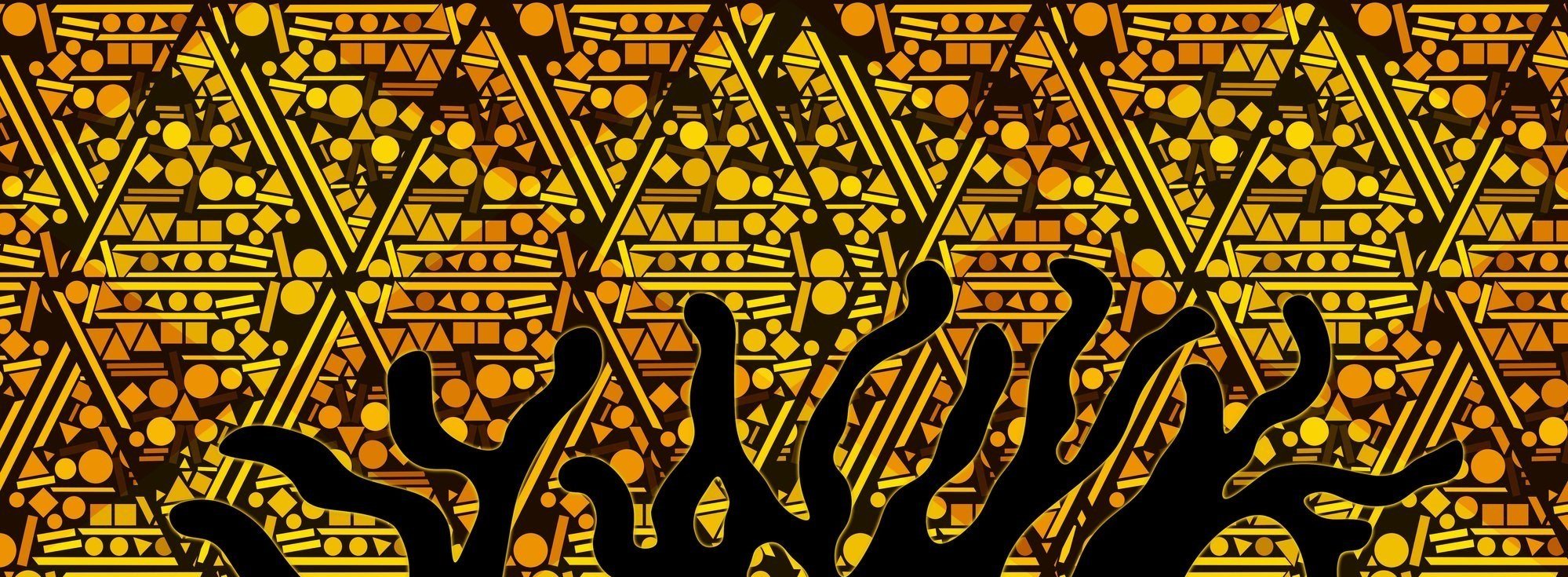Downstream Hazards
Any published author will tell you that the work you put into writing a book doesn’t stop with the final edit. It also doesn’t stop with social posts, touring, or podcasts. In fact, publishing can contain downstream hazards.
Within a week of my release date, I typed my name into the Amazon search bar to check my reviews. Last Nerve was shining its bright red cover on the site, but so was another book: The Biography of Mindy Uhrlaub.
Legacy, Love, and Courage: Things I Want my Kids to Take From Last Nerve
As parents, we never intend to bring children into the world only to screw them up. In the twenty-two years since I became a parent, I’m sure I’ve made my fair share of mistakes. I’ve judged, been unfair, worried (a lot), told half-truths, and shied away from subjects that I found unpalatable. My guess is that most parents have. I’ve also done the best that I could. As have most parents.
What’s Next? After Six Months of Promoting my Book, Life Goes On
This last half-year has been a whirlwind. Since Last Nerve: A Memoir of Illness and the Endurance of Family hit the shelves last May, life has been large. My book was an instant Amazon best-seller in several categories, including genetic health. In June, End the Legacy celebrated its second birthday with a community summit. It was a fantastic way to debut my new book to a live, ALS-friendly audience! My public book launch at Book Passage was a standing-room-only event, where I was joined by fellow author and friend, Shannon Takaoka, a great interlocutor. The afterparty at Mijo was a blast, during which I learned that Book Passage had sold out of its inventory of Last Nerve.
Outside the Circle: Finding Allies in Unexpected Places Inside the Circle: Finding an Ally in Myself
The more time I spend speaking publicly about ALS, FTD, genetics, medical advocacy, and caregiving, the more I find people who can relate to my story. Last Nerve: A Memoir of Illness and the Endurance of Family is familiar to many of my fellow “sandwich generation” peers, but it’s also resonating with people with chronic illnesses that aren’t ALS or FTD.
Creative Expression: Life is Funny, but Sometimes Words Fail
Okay, so I’m the first to admit that the subject of ALS and FTD can be heavy. My new book, Last Nerve: A Memoir of Illness and the Endurance of Family chronicles a tough journey. It’s about raising a difficult child, about cancer, about dying of a fatal, neurodegenerative disease. It’s not a beach read. Sometimes, life with genetic ALS, cancer, and neurodiversity can be intense. But it can also be funny.
Out and About: Experiences with Podcasts, Television, and Print
In the last seven years, I’ve learned to tell my story in so many ways. At first, when I joined a support group for genetic carriers of ALS and FTD, I was awestruck at how open and vulnerable my fellow community members were. Every meeting would start with an introduction. In my case it was something like, “I’m Mindy Uhrlaub. I live in Northern California. I lost my grandfather and my mom to ALS. I carry the C9orf72 genetic mutation, and I have two sons who are also at risk.”
I Was Already an Activist, but the Book Made me Visible: What Power Looks Like Now
I’ve been an activist for at least fifteen years. In the early 2000’s, I read Adam Hochschild’s King Leopold’s Ghost, which compelled me to learn more from Human Rights Watch and Eve Ensler’s V-Day. I learned from Human Rights Watch that modern-day violence in Congo looks a lot like the violence described in Leopold.
The Best Thing to Happen to me: My New Normal
When referring to my new book, Last Nerve: A Memoir of Illness and the Endurance, I say that being diagnosed as a carrier of a fatal, neurodegenerative disease was the best thing to ever happen to me. Some people, especially those living with ALS or FTD, may think that sounds crazy. I reserve the right to feel that way too, if I ever become a symptomatic patient. For now, though, knowing that I carry the C9orf72 genetic mutation that may kill me is my = superpower.
Three Wishes: If my Friends and the Medical Community Knew
As an activist and carrier of the fatal C90rf72 genetic mutation, I am enrolled in more than a dozen longitudinal studies of Amyotrophic Lateral Sclerosis (ALS) and Frontotemporal Degeneration (FTD). I feel that it’s my job to make sure that my family members and friends don’t develop ALS or FTD. Also, my life could be cut short by either of these diseases. And I feel like the more people who enroll in research like this, the closer science is to finding a cure. It’s my pleasure to do it, but it’s also hard. I regularly submit to cognitive testing, to blood draws, to strength tests, MRI’s, skin biopsies, gut microbiome sampling, nerve-conduction tests, and spinal taps. Some of these more invasive tests are painful and dangerous. I also fly across the country at my own expense to participate. As much as I love taking part in medical research, sometimes I’m treated poorly.
Guest Post: Interview with my Husband, Kirk
1. After going through the challenges in 2017-2021, how has our relationship changed?
I think we were both surprised by some of our actions and reactions, in a good way, and it brought more depth to our relationship. It was a lot of real-life stuff that interrupted the normal routine, so it was like going through an intensive, graduate-level course in our relationship. At the same time, we both found new passions at the end of that period. For Mindy it was participation in ALS research and activism, and for me it was buying property in the mountains and building the little cabin that I've always wanted. Ironically, these two things have resulted in us spending less time together, but not too much less, and I think we both feel very fulfilled.
Food for Thought: A Lifestyle to Keep my Brain Healthy
Lots of people ask me if there’s anything I can do to prevent the onset of genetic ALS/FTD. As a carrier of the C9orf72 genetic mutation, it’s something that I keep my mind open to. Science evolves quickly, and what’s considered healthy one day can be seen as dangerous the next. Since being diagnosed as a genetic carrier of a pathogenetic mutation, I’ve searched for a “magic bullet” that will protect me, but the reality is that there isn’t one. So, under the supervision of a nutritionist and of my neurologists, I’ve decided to live a brain-healthy life.
All in the Family: How I Navigated those Sandwich Years
In Last Nerve: A Memoir of Illness and the Endurance of Family, I tell the story of what it was like to juggle the quadruple-threat of caring for my husband while he had lymphoma, nurturing my son as he struggled through high school, and watching my Nanee die of C9orf72 ALS. All while dealing with the diagnosis of being a genetic carrier of the C9 mutation. When I look back on the challenges of those years, it honestly feels like it was happening to someone else. I actually can’t believe that was me. I have a hard time wrapping my head around the fact that my younger son, Alex, weathered the storm as well as he did. And that Kirk, Ethan, Alex, and I are closer now than we ever were blows my mind. How did I do it? How did we do it?
I’ll Tell You Like You’re a Kid: What is C9orf72? What is ALS? What is FTD?
You may ask, “So what’s all this talk about C9orf72?” and I have an answer. In layperson’s terms, too. Let’s start with the name.
This gene occurs on the chromosome 9, “orf” refers to open frame reading, which is where and how science nerds find it, in the 72nd frame of the genetic sequence. Basically, if that gene is normal, the hexanucleotide looks like GGGCC. Most people have this code that repeats between 2 and 24 times. Someone with a mutated C9 gene has a code that repeats hundreds or thousands of times. This is called a dipeptide repeat expansion (mutation).
Bigger Fish to Fry: Things to Do When Your Days may be Numbered
In a couple of months, I’ll turn 56. That’s about the average age when C9orf72 symptoms usually emerge in genetic carriers. I don’t plan to get ALS or FTD, and I still hold out hope that a cure will be available for me and my family before disease onset. God forbid, if I do develop symptoms, I hope I still get a chance to do lots of things.
When to Back Down and When to Turn Down my Hearing Aids: Awkward Conversations About ALS and FTD
I was recently in DC at an ALS Summit. The great thing about showing up to events like this is that I get the opportunity to meet people I’ve only seen on Zoom. ALS and FTD can be very isolating, so being able to put my arms around an old friend feels fantastic.
The Thrill of Victory and the Agony of Defeat: Recent Developments in ALS Research
I travel a lot to cities around the country to talk to scientists about ALS. Some of the things they say about C9orf72 being the “low-hanging fruit” or the “key to the cure” make me really hopeful for the future of my kids and for my cousins. Two years ago, Qalsody (also called Toferson), a treatment for the SOD1 gene that causes ALS, began to show promise in patients with active symptoms. In the last year, some SOD1 carriers began to recover some function. The words “ALS reversals” were on everyone’s tongues. The medical community celebrated the first ever cure for a genetic form of ALS. This win makes me all the more optimistic for a future where nobody will have to suffer with ALS.
The Gene Doesn’t Define Me: Where I’m Missing Out
One of the most frustrating things about carrying the C9orf72 mutation for ALS/FTD is that the medical community sometimes overlooks me. Because genetic forms of ALS only make up between 10 and 15% of all ALS, genetic carriers are often excluded from the same medical care that sporadic ALS patients enjoy. For example, if I were a newly-diagnosed sporadic ALS patient, and if I signed up for longitudinal research, my clinic or research facility would look to me for upcoming drug trials. As a genetic carrier, I don’t have that option. Of the hundreds of drug trials of ALS treatments, there has only been one promising drug trial for genetic carriers of ALS in the fifty years since SOD-1 was discovered. And getting on an already-approved ALS drug in order to prevent symptom onset? Forget it. That’s an off-label use, and virtually no doctors will prescribe that for an asymptomatic patient. Given how many asymptomatic carriers there are, I honestly don’t know why we’re not included in trials.
Just the Facts, Jack: Conversations About Familial ALS
One of the toughest conversations I’ve had about my genetic status as a carrier of the C9orf72 mutation for ALS/FTD have been with my kids, back in 2022. I’d been holding the secret of my genetic status from them for four years, until I knew they were mature enough to understand. Until I realized there was impactful longitudinal research that I could participate in. My kids were seventeen and fifteen. Here’s how the conversation at the dinner table went:
From Insurance to Intimacy: The Pitfalls of Knowing the Truth
When I found out that I was the carrier of a fatal gene that causes FTD and ALS, there were lots of things I had to navigate. While I didn’t have to modify my house with grab-bars and ramps yet, I still had to manage communicating with others about what it meant to carry the C9orf72 genetic mutation. In fact, I remember shortly after I found out that I was positive for the C9 expansion, I ran into a friend. He knew that my mom was sick, and that I’d been jetting back and forth from San Francisco to Ft. Myers, Florida to visit her. I was walking my dog, Dusty, near the open space near my home. He was walking his dog, too. After our four-leggeds became friends, he asked me what was new. I’ve always been a straight shooter, so I told him that I’d just found out that I carried the same gene that caused my mom’s ALS.
The Loudest Voice in the Room: How I Avoid Being Ignored
When I found out about my C9orf72 mutation for ALS/FTD, the scariest thing I knew about the disease was that research into a cure is underfunded. Most people think that ALS is an ultra-rare disease, but it’s much more common than people realize. In fact, Amyotrophic Lateral Sclerosis affects one in 400 worldwide. The first Ice Bucket Challenge in 2014 put ALS on the map for many people, but the majority of participants still don’t even know what ALS is. Back in 1939, when Lou Gehrig was diagnosed with ALS, the disease had already been around for hundreds of years. The surprising lack of information available about ALS is one of the things that keeps me up at night.



















